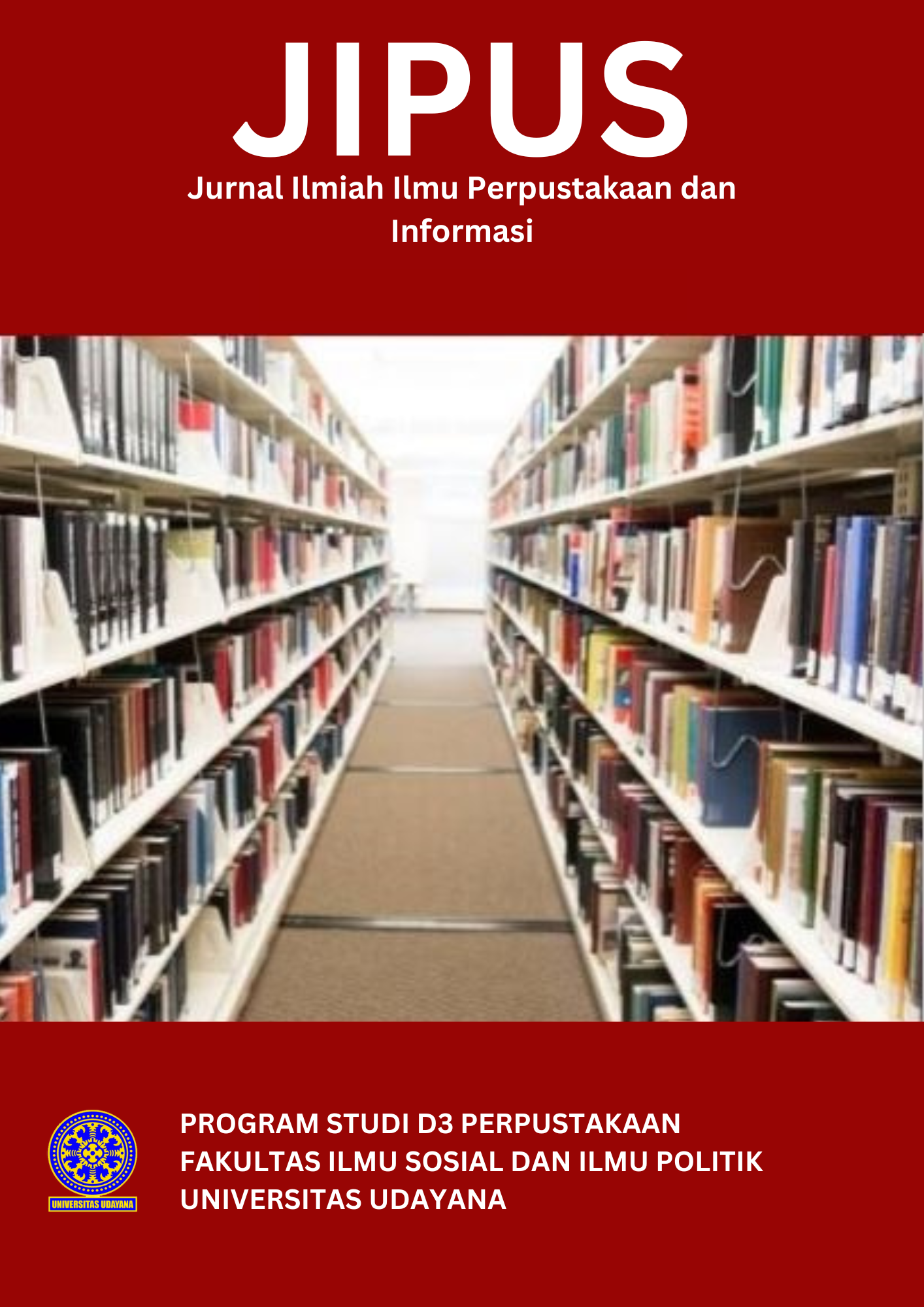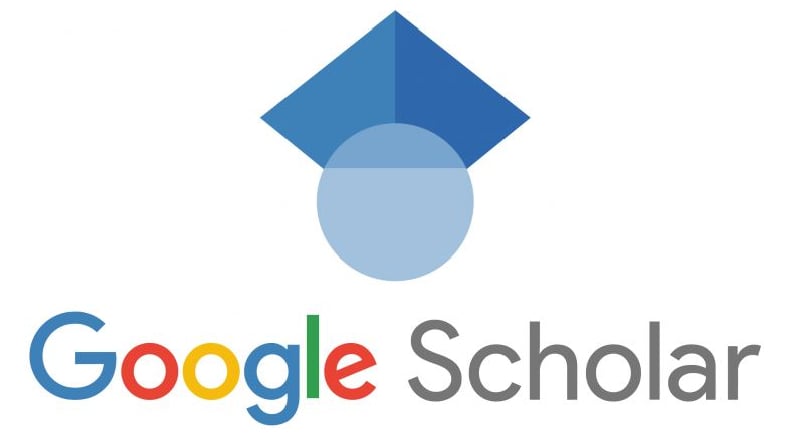FENOMENA HASHTAG SEBAGAI ALTERNATIF PENCARIAN INFORMASI DALAM PERILAKU BERSOSIAL MEDIA
Abstract
Searching for information on the internet, especially social media, using hashtags is certainly something that is no longer foreign in today's digital era. The role of hashtags as an alternative for searching for information that is quite easy to use can be utilized by all levels of society. Freedom of communication on social media has resulted in the use of hashtags being used frequently as a tool to expand the reach of information dissemination. This article explains how hashtags play a role in the behaviour of internet users in searching for information on the internet. There are many benefits to using hashtags on social media, such as helping to find relevant information, helping to advertise products, and being used as a tool to voice opinions by activists, both individually and publicly. The use of hashtags can also have a negative impact, as caused by social media users lacking ethics in communicating in the internet environment. Hashtags can be ranked based on the number of social media users who use the same hashtag, so that hashtags become one of the benchmarks for how information can be declared as viral or popular information.
Downloads
References
Amichai-Hamburger, Y. (2017). Internet Psychology: The Basics. Routledge.
Berget, G., MacFarlane, A., & Pharo, N. (2021). Modelling the Information Seeking and Searching Behaviour of Users with Impairments: Are Existing Models Applicable? Journal of Documentation, 77(2), 381–400. https://doi.org/10.1108/JD-04-2020-0049
Buarki, H., & Alkhateeb, B. (2018). Use of Hashtags to Retrieve Information on the Web. Electronic Library, 36(2), 286–304. https://doi.org/10.1108/EL-01-2017-0011
Dominick, J. R. (2004). The Dynamics of Mass Communication: Media in the Digital Age. McGraw-Hill.
Drotner, K., & Schroder, K. C. (2013). Museum Communication and Social Media: The Connected Museum. Routledge.
Farida, U., & Adhi, A. N. (2020). Keefektifan Literasi Digital UPT Perpustakaan Universitas Semarang di Masa Pandemi. Information Science and Library, 1(2), 32–37. https://journals.usm.ac.id/index.php/jisl/article/view/2833
Gilster, P. (1997). Digital Literacy. Wiley Computer Pub. https://archive.org/details/digitalliteracy00gils/page/n15/mode/2up?view=theater&q=dig ital+literacy
Hartley, J. (2002). Communication, Cultural and Media Studies: The Key Concepts (3rd ed.). Routledge.
Hong, H., & Kim, Y. (2021). What Makes People Engage in Civic Activism on Social Media? Online Information Review, 45(3), 562–576. https://doi.org/10.1108/OIR-032020-0105
Hootsuite. (2021). Digital 2021 Report (July Update). Website Hootsuite. https://www.hootsuite.com/resources/digital-trends-q3-update
Jamil, A., Rekarti, E., Briandana, R., & Audinna, S. (2019). The Role of Social Media Hashtags in Political Promotions: Mediating Role of Supply Chain Communication. International Journal of Supply Chain Management, 8(6), 181–188.
Kemkominfo. (n.d.). Peluncuran Survei Literasi Digital Indonesia 2021 - YouTube. Kemkominfo TV. Retrieved April 3, 2022, from https://www.youtube.com/watch?v=jgRdFVVgQ9A
Krotz, F. (2007). The Meta-Process of “Mediatization” as a Conceptual Frame. Global Media and Communication, 3(3), 256–260. https://doi.org/10.1177/17427665070030030103
Liu, J., & Albright, K. (2018). Exploring the Roles of the Unconscious in Information Search Behaviors. Journal of Librarianship and Information Science, 50(3), 332–342. https://doi.org/10.1177/0961000618769984
Naghib, F., Mirzabeigi, M., & Alborzi, M. (2021). The Role of Spatial Intelligence in Predicting Web Information Searching Behavior and Performance of High School
Students. Library Hi Tech, 39(1), 48–63. https://doi.org/10.1108/LHT-07-2019-0139
O’Leary, D. E. (2019). Hashtag Commerce: “Order by Tweet.” Journal of Information Technology Teaching Cases, 9(1), 26–37. https://doi.org/10.1177/2043886918819310
Pandey, V., Gupta, S., & Chattopadhyay, M. (2020). A Framework for Understanding Citizens Political Participation in Social Media. Information Technology and People,
33(4), 1053–1075. https://doi.org/10.1108/ITP-03-2018-0140
Sarikakis, K., Korbiel, I., & Mantovaneli, W. P. (2018). Social Control and The Institutionalization of Human Rights As an Ethical Framework for Media and ICT
Corporations. Journal of Information, Communication and Ethics in Society, 16(3), 275–289. https://doi.org/10.1108/JICES-02-2018-0018
Socialmediatoday.com. (2014). History of Hashtags. Social Media Today. http://socialmediatoday.com/irfan-ahmad/1897096/history-hashtags-infographic
Van den Berg, J. A. (2014). The Story of the Hashtag(#): A Practical Theological Tracing of the Hashtag(#) Symbol on Twitter. HTS Teologiese Studies / Theological Studies, 70(1), 6. https://doi.org/10.4102/hts.v70i1.2706
Wang, R., Liu, W., & Gao, S. (2016). Hashtags and Information Virality in Networked Social Movement: Examining Hashtag Co-occurrence Patterns. Online Information Review, 40(7), 850–866. https://doi.org/10.1108/OIR-12-2015-0378










